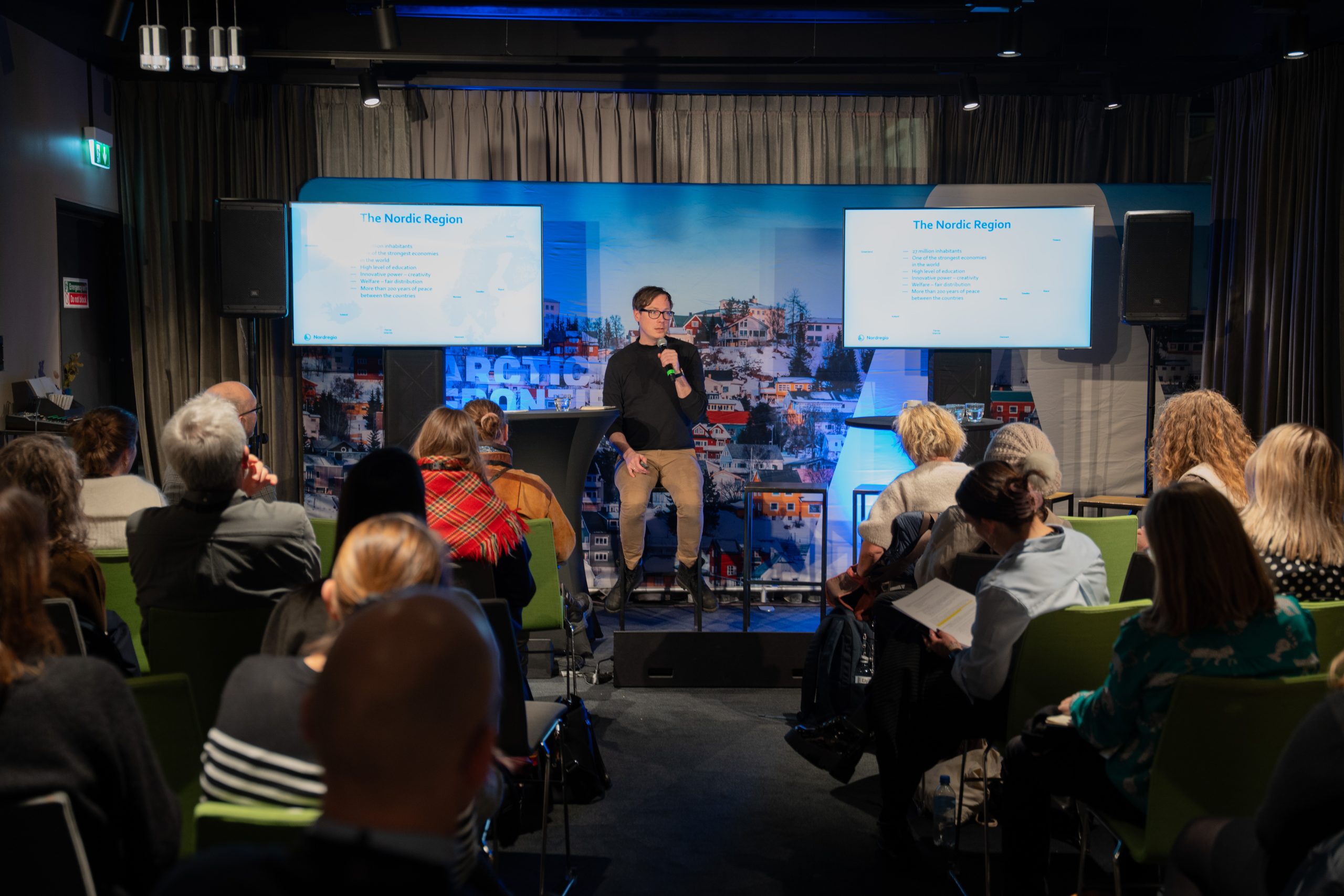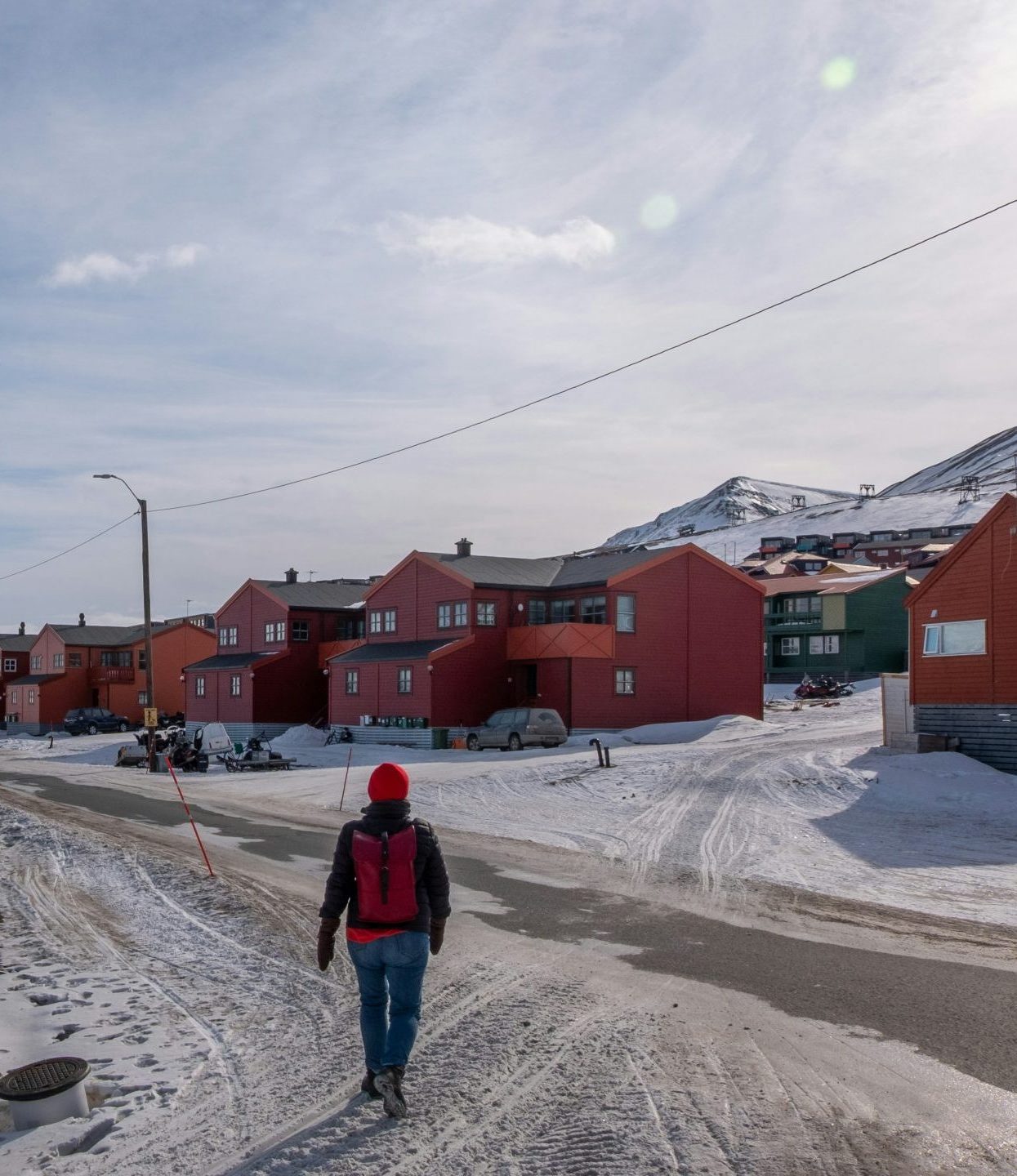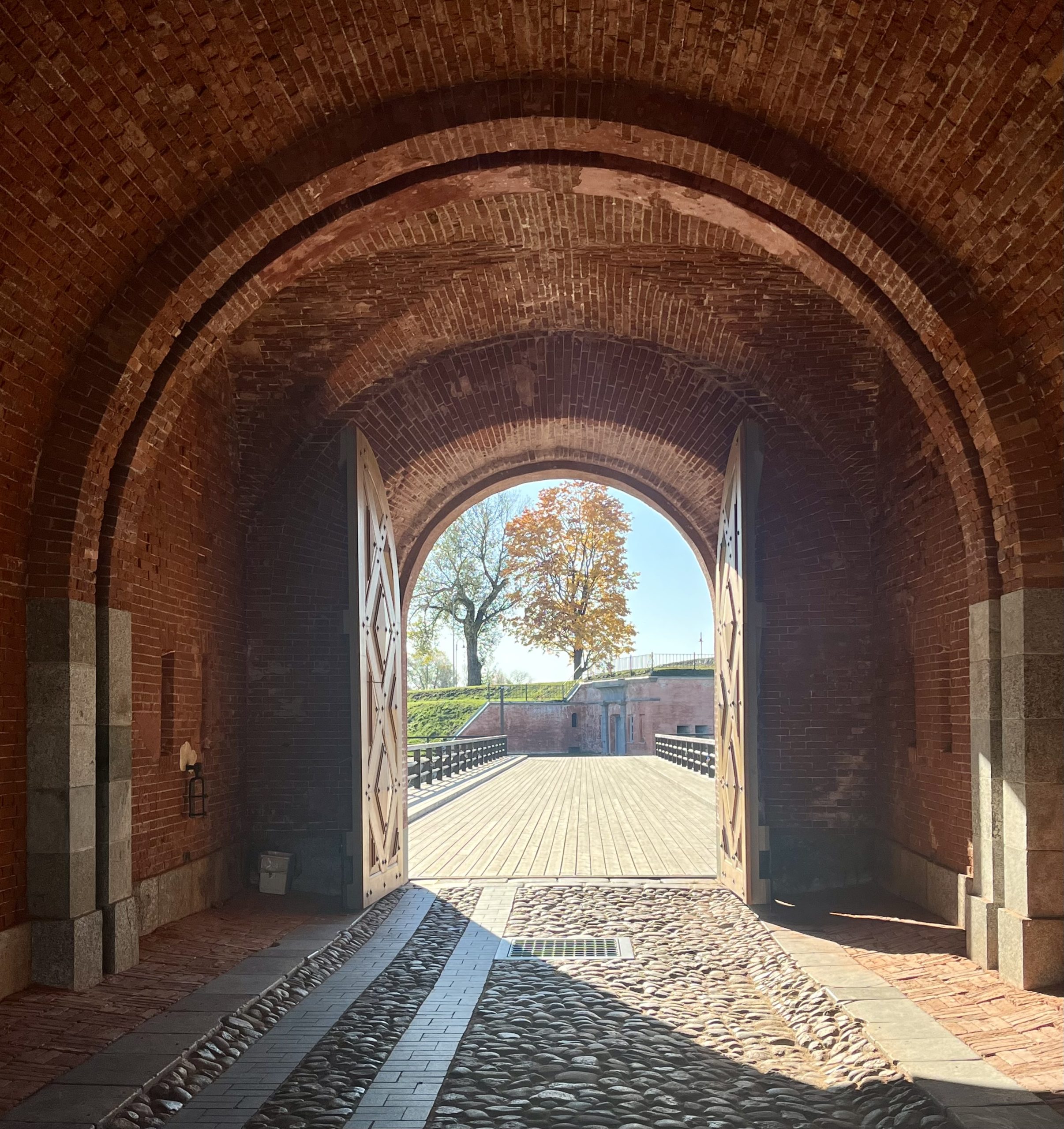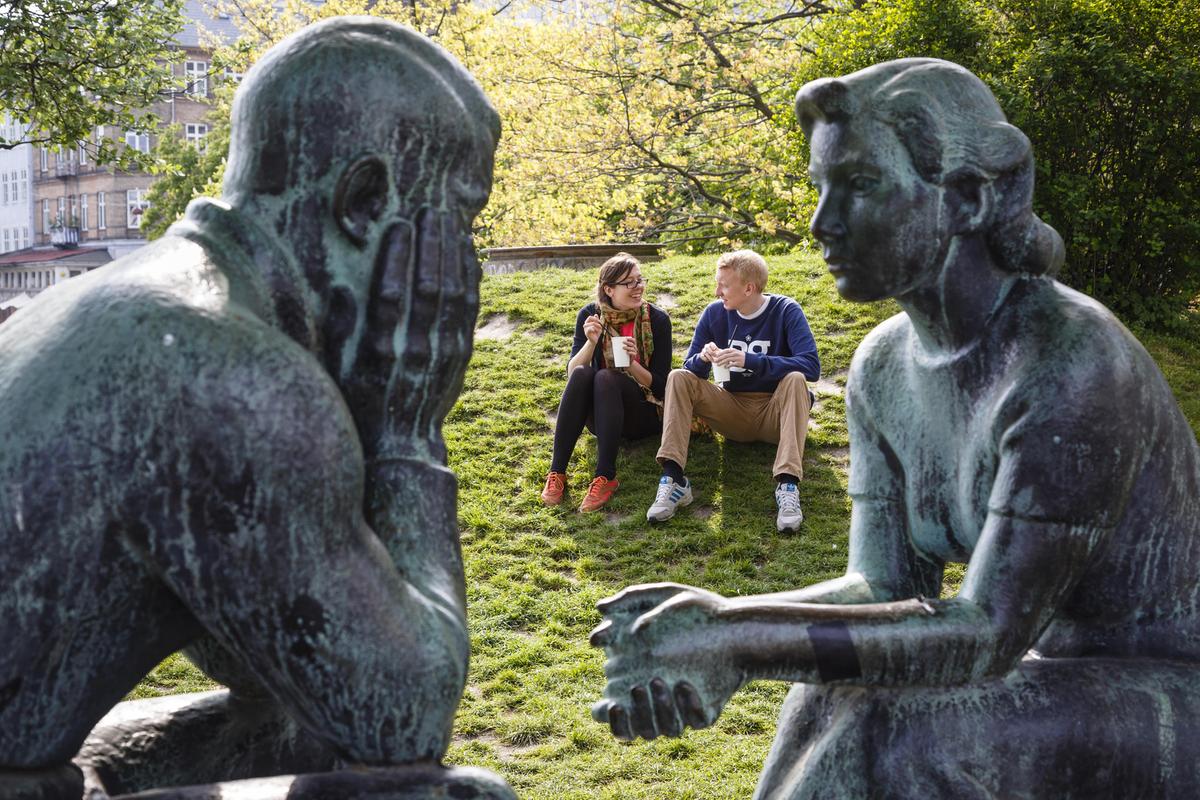LATEST FROM NORDREGIO
News
Stay updated with the latest news from Nordregio, highlighting our most impactful projects, events and research results.
All
Arctic (74)
Demography (4)
Digitalisation (41)
Economic policy (49)
Governance (201)
Housing (0)
Labour market (76)
Marine spatial planning (41)
Migration and integration (97)
Regional development (7)
Resilience (0)
Rural development (204)
Sustainability (277)
Urban planning (176)
Youth (0)
546 posts



